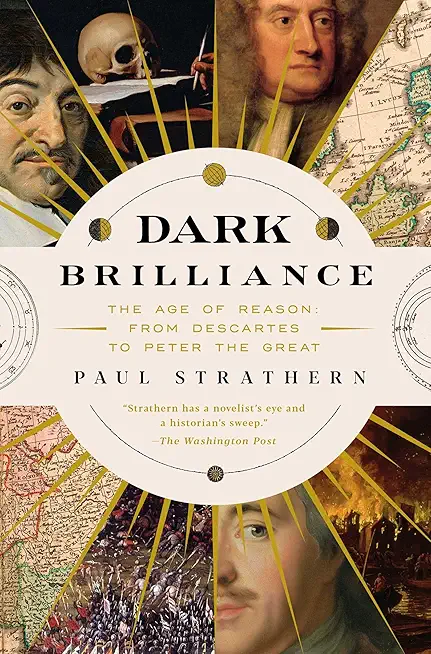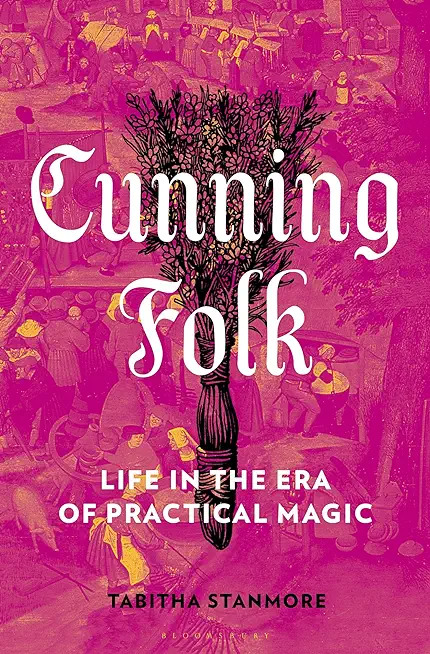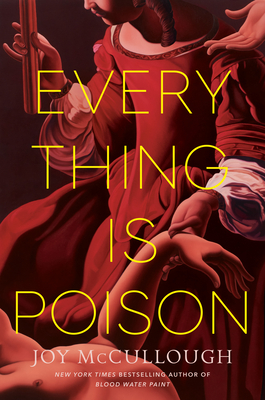
Strathern, Paul
product information
description
6A sweeping history of The Age of Reason, revealing how--although it was a time of great progress--it was also an era of brutality and intolerance with a very human cost. During the 1600s--between the end of the Renaissance and the start of the Enlightenment--Europe lived through an era known as The Age of Reason. This was a revolutionary period that saw great advances in areas such as art, science, philosophy, political theory, and economics. However, all this was accomplished against a background of extreme political turbulence on a continental scale, in the form of internal conflicts and international wars. Indeed, the Age of Reason itself was born at the same time as the Thirty Years' War, which would devastate central Europe to an extent that would not be experienced again until World War I. This period also saw the development of European empires across the world, as well as a lucrative new transatlantic commerce that brought transformative riches to Western European society. However, there was a dark underside to this brilliant wealth: it was dependent upon human slavery. By exploring all the key events and bringing to life some of the most influential characters of the era--including Caravaggio, Rembrandt, Newton, Descartes, Spinoza, Louis XIV, and Charles I--acclaimed historian Paul Strathern tells the vivid story of this paradoxical age, while also exploring the painful cost of creating the progress and modernity upon which the Western world was built.
member goods
No member items were found under this heading.
Return Policy
All sales are final
Shipping
No special shipping considerations available.
Shipping fees determined at checkout.







